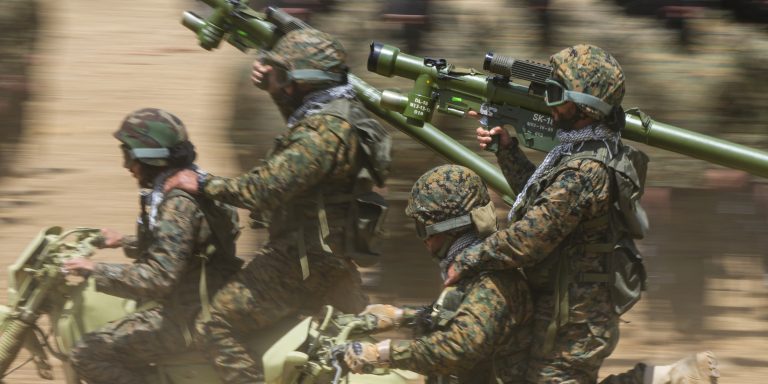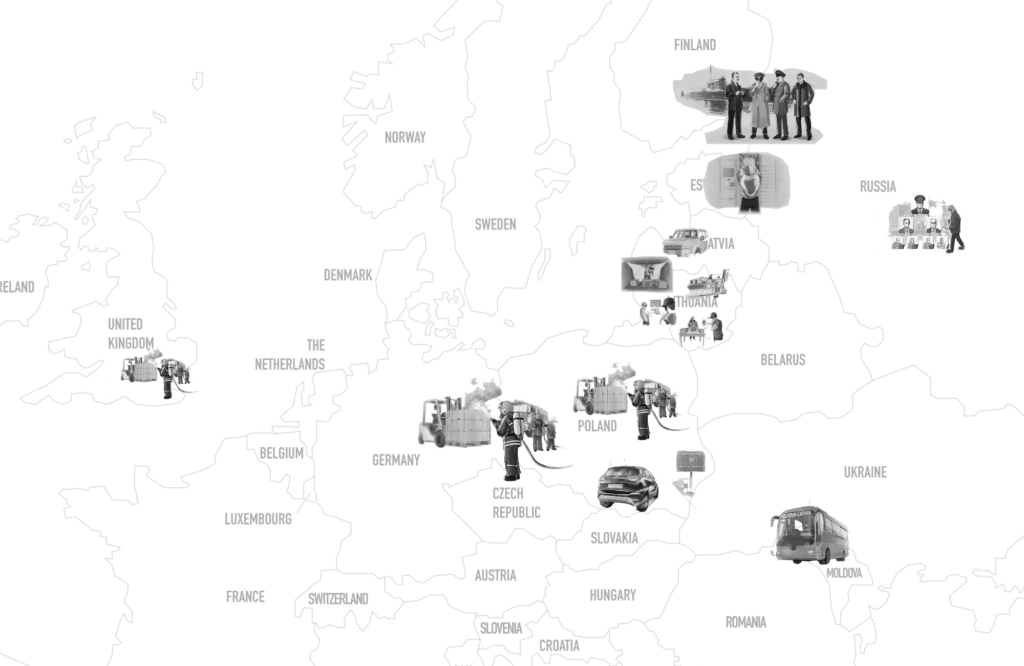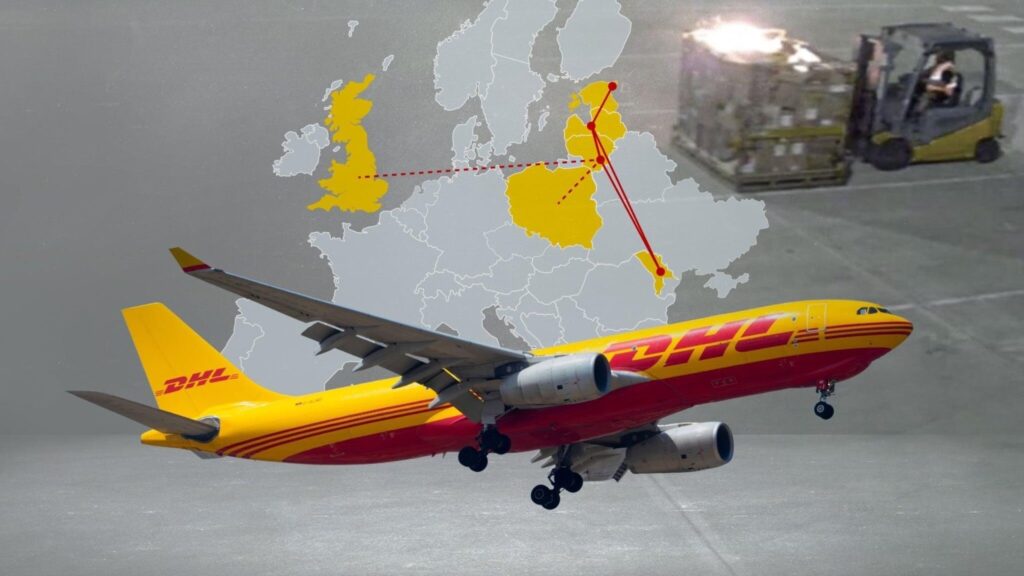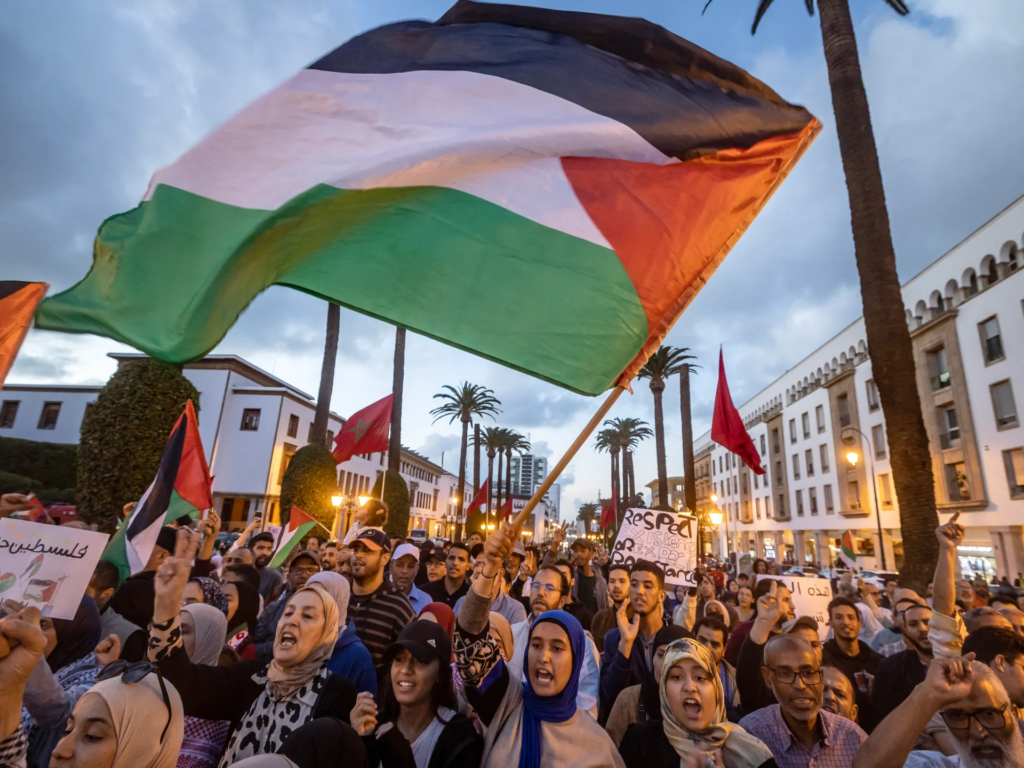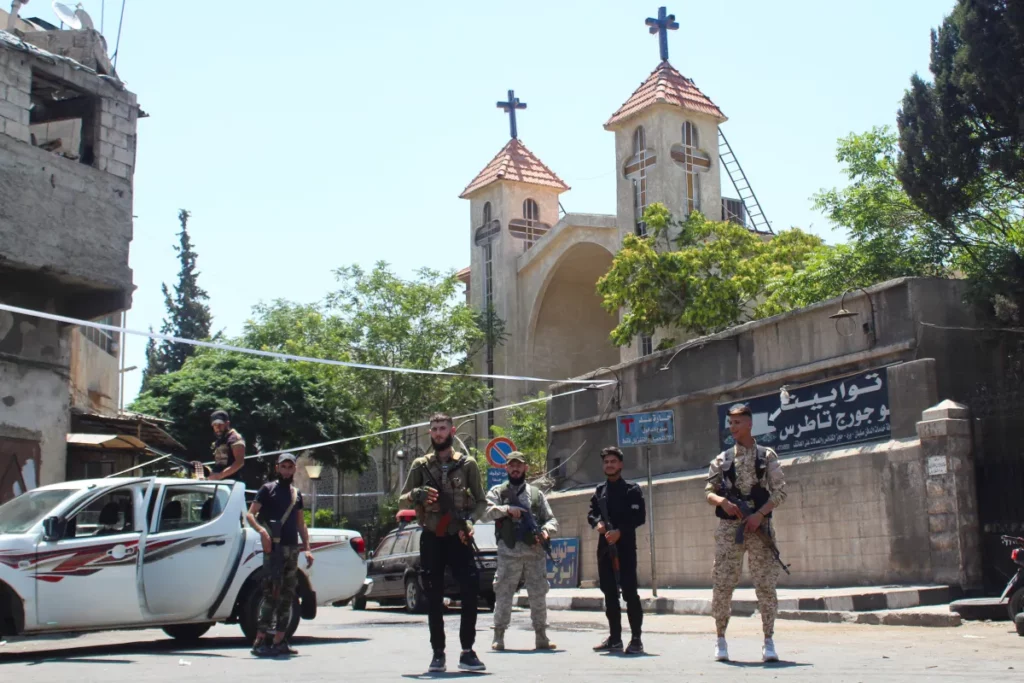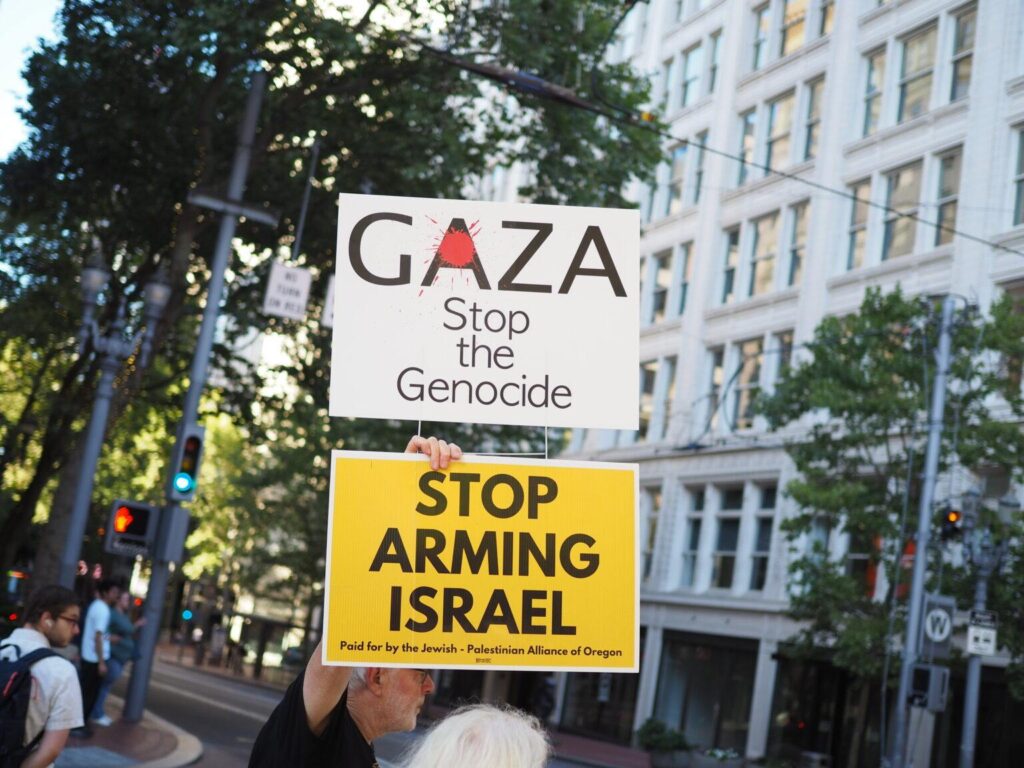How Should State Actors Engage with Islamist Insurgencies?

Bottom Line Up Front
Western capitals have been urged to reconsider their approach towards — and in some cases, consider engaging with — groups that are, or have been at one point, labeled as terrorist organizations, given how the process has unfolded in Syria, and to a lesser extent in Afghanistan.
Reconsidering the Western approach towards engaging with former terrorist groups is significant, considering that historically, most terrorist groups end by joining a political process.
In Syria, the European Union, boosted by both France and Germany, has successfully pushed for significant engagement with the new authorities in Damascus, while the United States has also established an open channel.
A comprehensive approach — military, legal, political, and socio-economic — towards engagement with former terrorist organizations could bear fruit if the conditions are right, even as many Western leaders still consider these negotiations a risky proposition.
Following the Taliban takeover of Kabul in the summer of 2021 and Hayat Tahrir al-Sham (HTS) toppling the regime of longtime Syrian dictator Bashar al-Assad in Damascus last December, there is a range of other Islamist or jihadist organizations that could capture power in other weak and failed states around the globe. In the wake of the al-Qaeda terrorist attacks on September 11, 2001, and the launch of the poorly named Global War on Terrorism, strongmen and authoritarian regimes in the Middle East and North Africa seized the opportunity to crack down on political opponents, silencing detractors and maintaining a chokehold on power. Eventually, these tactics backfired and helped contribute to the Arab Spring uprisings, which emboldened, through their failures, many jihadist groups across the region. Now, Western countries are being forced to face new geopolitical realities, such as Syria being ruled by the former leader of an al-Qaeda-linked group, Ahmed al-Sharaa, and the security forces of this state being comprised of individuals belonging to what was, at least up until July, a designated foreign terrorist organization.
Given how the legitimization process for former terrorist organizations has unfolded in Syria, and to a lesser extent in Afghanistan, there are now voices urging Western capitals to reconsider their approach on a case-by-case basis, to consider engaging more directly with groups that are—or have been at one point—labeled as terrorist organizations. For this approach to successfully adapt to modern realities, it is essential that governments have a nuanced understanding of the local context in which these groups operate, as well as the specific realities and dynamics that shape how these organizations function.
Moving toward a new paradigm, does not mean the end of counter terrorist security or military operations, though it would require jettisoning the two-decade-long mindset of “we don’t negotiate with terrorists,” and similar binary cliches that make for catchy sound bites but have little basis in reality. After all, governments are constantly negotiating with terrorists on some level, whether they want to admit it or not. Historically, most terrorist groups end by joining a political process. Defeating groups kinetically, even when a capable and sustained counterterrorism force is in place, is less common and more difficult to achieve.
In some ways, the Global War on Terrorism created a strategic blind spot for Western diplomacy and statecraft. During the five-year-long military campaign to defeat the Islamic State of Iraq and Syria (ISIS), the intense focus on countering Sunni jihadists provided relatively free rein to Iran and its Axis of Resistance proxy groups, including Shia extremists in Iraq that operate at the behest of Tehran. The Iranians consolidated their influence across the region while still harboring al-Qaeda’s senior leadership, who fled Afghanistan after the initial U.S. invasion in late 2001. The U.S. fight against ISIS led to strange bedfellows, with the U.S. indirectly providing air cover to Shia militias and elements of Iran’s Islamic Revolutionary Guards Corps, then operating under the leadership of Qassem Soleimani. This was even though the U.S. military suffered grievously from Iran-backed Iraqi Shiite militia attacks against American troops during Operation Iraqi Freedom, following the overthrow of Saddam Hussein in 2003. In 2020, Trump would ultimately order the targeted assassination of Soleimani, a blow that foreshadowed a reckoning for Iran’s Axis members.
Three years later, an emboldened Hamas launched the October 7 terrorist attacks, upending the Middle East and provoking a regional conflagration, which included other Axis members such as Lebanese Hezbollah and the Houthis in Yemen. Following Israel’s aggressive military campaign, Hezbollah suffered significant losses in both Lebanon and Syria, which in turn opened a narrow window of opportunity to topple Assad; HTS began its assault on the first day of the cease-fire in Lebanon. At the same time, the U.S. prevented Shia militias from reaching Damascus to defend the falling dictator, a scenario unimaginable just a few years ago.
The Taliban takeover of Kabul in August of 2021 was a surprise with how quickly it unfolded, and the rapid fall of the Assad regime — at the hands of HTS in December of 2024 — came as a strategic surprise for all regional and international power brokers. Nevertheless, in less than four years, two capitals — Kabul and Damascus — fell to what can most accurately be described as militant Islamist groups. While some optimists subscribed to the notion of a kinder, gentler Taliban, or ‘Taliban 2.0,’ in Afghanistan, that reality never materialized. The Taliban continues to rule Afghanistan today with an iron fist, providing a strictly monitored safe haven to al-Qaeda fighters and imposing a draconian form of governance on the Afghan population. While engagement with the Taliban has ebbed and flowed, Senior Fellow at the Washington Institute Aaron Zelin noted that over the past four years, there have been more than 2,800 overall engagements with more than 100 countries, including hundreds of meetings with China, Türkiye, Russia, and other states. In Syria, meanwhile, the European Union, boosted by both France, which officially received al-Sharaa in Paris, and Germany, successfully pushed for significant engagement with the new authorities in Damascus. Efforts from Saudi Arabia, France, the United Arab Emirates, Türkiye, and Qatar led to the meeting in Riyadh between Presidents Trump and Sharaa. This policy relies on an accurate assessment and follow-up of HTS’s shift away from terrorism and global jihadism since 2017, as well as a European and regional strategy for stabilization.
French departure from the Sahel region—similar to the U.S. departure from Afghanistan—brings about the dawn of an era of two decades of sustained counterterrorism efforts. This withdrawal took place in parallel to the empowerment of local host nation forces, which in turn staged military coups and seized power. The top priority of the juntas in Mali, Burkina Faso, and Niger is not fighting terrorism, but securing power. Many have employed Russian mercenaries for coup-proofing; however, the Wagner Group and then the Africa Corps have exacerbated the terrorism problem in the region. The Russians have been more than willing to play this role as security guarantor, particularly in exchange for the opportunity to enhance Moscow’s influence throughout Africa, while also securing lucrative resource extraction contracts that enable the Kremlin’s sanctions evasion program. In an interesting paradox, it is al-Qaeda’s Sahelian affiliate, Jama’a Nusrat al-Islam wal-Muslimin (JNIM), that is currently the main bulwark preventing Islamic State jihadis from recruiting and going further south toward the Gulf of Guinea countries.
Washington and Western capitals that engaged with the Taliban and HTS appear to acknowledge the de facto end of the Global War on Terrorism as it had been articulated for two decades. The resulting status quo has opened a new channel for a de facto dialogue between former foes and could provide a potential blueprint for other global hotspots, including the Sahel. Persistent kinetic operations failed to prevent the growth of jihadist groups in some parts of the world, even as they succeeded elsewhere, to a certain extent. Political engagement, however, has shown promise. Consider the recent announcement of the Kurdistan Workers’ Party (PKK) that it was laying down its arms and entering into negotiations with the Turkish state, following decades of waging an insurgency. The process could fail, as it did before, but both parties are giving it another chance as the regional implications go way beyond Türkiye. A comprehensive approach — military, legal, political, and socio-economic — could bear fruit if the conditions are right, even as many Western leaders still consider negotiations with terrorist groups a risky proposition.

